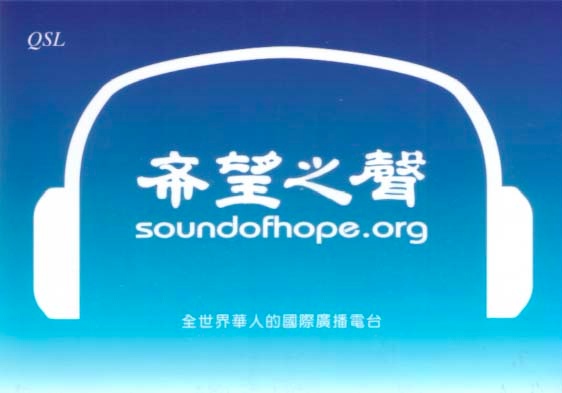Many thanks to SWLing Post contributor, RBC, who shares the following article from the website Defense One:
For more than four months, Hong Kong has been in the grips of a civil crisis. Protestors have taken to the streets to challenge the Hong Kong government’s growing acquiescence to Beijing while Chinese government forces and their allies have used militias to attack protestors and electronic tools to disrupt their communications. But media censorship means that few mainland Chinese know what’s going on.
A Silicon Valley-based organization has found a way to get information into China and out to Chinese speakers around the world: shortwave radio.
“Shortwave broadcast is kinda like a grey area,” said Sean Lin, one of the co-founders of the Sound of Hope radio network. “There’s no law that says you cannot do it. It depends on if governments want to keep [a particular radio station] going or shut it down based on Beiging’s pressure,”
Shortwave radio has been used for decades to broadcast news, information, political messages, and disinformation. During World War II, the Germans and the British both used radio waves between 3–30 MHz (10 to 100 metres) to try to persuade listeners around the world.
Sound of Hope, co-founded by Lin and Allen Zeng in 2004, looked to take the same technology and broadcast messages into China. Zeng originally set up the station to broadcast to the Chinese language population in Silicon Valley. It was his response to a dearth of Chinese-language news coverage that wasn’t heavily influenced by the Chinese government. “You would expect them [Chinese language news and media in the United States] to have some basic media decency and do their job. They don’t. They all have family in China. They need to go back to China. They need to do business in China,” said Zeng.[…]


